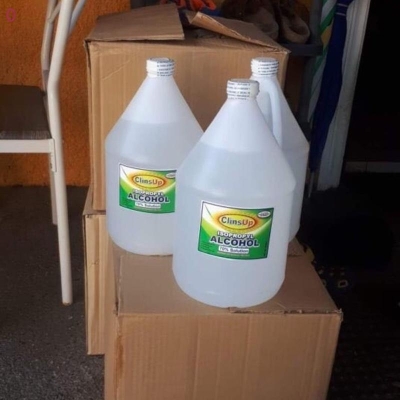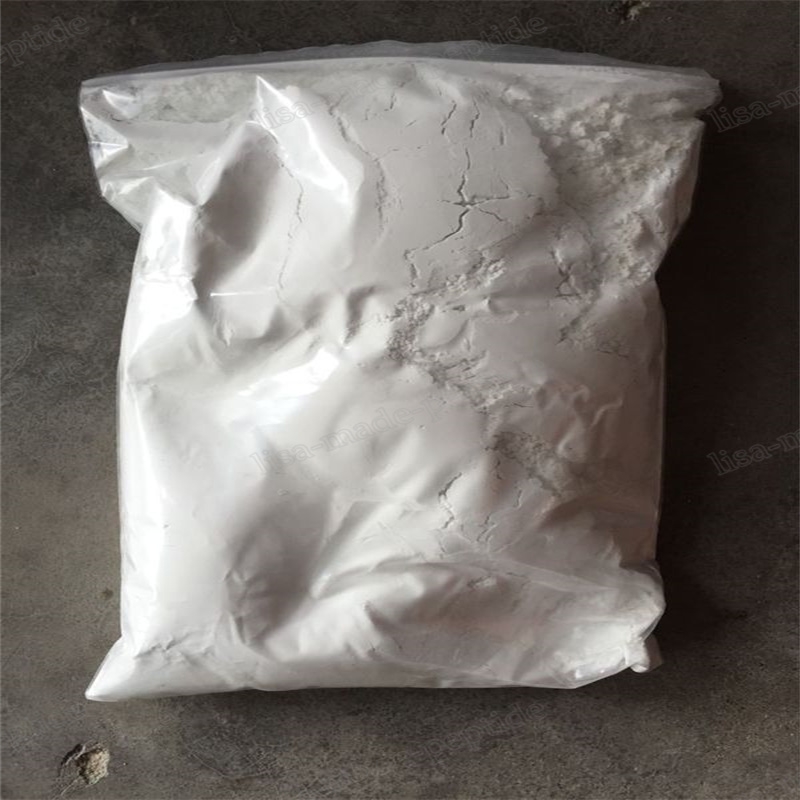-
Categories
-
Pharmaceutical Intermediates
-
Active Pharmaceutical Ingredients
-
Food Additives
- Industrial Coatings
- Agrochemicals
- Dyes and Pigments
- Surfactant
- Flavors and Fragrances
- Chemical Reagents
- Catalyst and Auxiliary
- Natural Products
- Inorganic Chemistry
-
Organic Chemistry
-
Biochemical Engineering
- Analytical Chemistry
-
Cosmetic Ingredient
- Water Treatment Chemical
-
Pharmaceutical Intermediates
Promotion
ECHEMI Mall
Wholesale
Weekly Price
Exhibition
News
-
Trade Service
【Chemical machinery and equipment network industry dynamics】Battery is a common energy storage equipment in today's life, most batteries have the advantages of simple operation and stable performance, especially manganese-zinc batteries, lead batteries and lithium batteries, which have penetrated into every corner of our lives and play an important role
in various fields.
Among them, "lithium battery" is also called "white oil in the new era", and with the blessing of many technologies, it has created an era
of "lithium all over the world".
in various fields.
Among them, "lithium battery" is also called "white oil in the new era", and with the blessing of many technologies, it has created an era
of "lithium all over the world".
Objectively speaking, lithium batteries can get today's development, and in the context of the environment, carbon-based energy began to accelerate the withdrawal from the historical stage
.
Since carbon emissions have been linked to a major environmental problem (global warming), how to reduce carbon emissions from human activities has become an urgent problem
to be solved.
In this environment, the effective application of electric energy becomes a breakthrough
.
Compared with other batteries, lithium batteries have the advantages of high energy ratio, long life, high rated voltage, high stability (with high power bearing while the self-discharge rate is very low), and temperature adaptability, which will naturally stand out
.
.
Since carbon emissions have been linked to a major environmental problem (global warming), how to reduce carbon emissions from human activities has become an urgent problem
to be solved.
In this environment, the effective application of electric energy becomes a breakthrough
.
Compared with other batteries, lithium batteries have the advantages of high energy ratio, long life, high rated voltage, high stability (with high power bearing while the self-discharge rate is very low), and temperature adaptability, which will naturally stand out
.
However, the advancement of the lithium battery era has also continuously exposed the fatal flaws of such batteries - resource shortage and high
cost.
Although the world's proven lithium reserves are about 39.
78 million tons, the lithium reserves with commercial mining value are only 13.
519 million tons
.
In addition, considering the production process and recovery rate of lithium batteries, the resource reserves of lithium carbonate, an important raw material that can actually be used to produce lithium batteries, are actually relatively in short supply
.
And due to the increasing demand for lithium batteries in the short term, the spot price of lithium carbonate has also begun to rise
.
Like recently, the average domestic domestic battery-grade lithium carbonate spot price per ton soared to more than
610,000 yuan.
Admittedly, considering that the subsequent process development has continued to advance in the industry in battery recycling projects, the resource utilization rate of lithium batteries may rise, and the cost problem may be effectively solved
.
But at this stage, the increase in cost is stimulating the arrival of
the "post-lithium battery" era.
Finding alternatives to lithium batteries, or developing new lightweight and high-efficiency energy batteries, has become a tacit direction
in the industry.
cost.
Although the world's proven lithium reserves are about 39.
78 million tons, the lithium reserves with commercial mining value are only 13.
519 million tons
.
In addition, considering the production process and recovery rate of lithium batteries, the resource reserves of lithium carbonate, an important raw material that can actually be used to produce lithium batteries, are actually relatively in short supply
.
And due to the increasing demand for lithium batteries in the short term, the spot price of lithium carbonate has also begun to rise
.
Like recently, the average domestic domestic battery-grade lithium carbonate spot price per ton soared to more than
610,000 yuan.
Admittedly, considering that the subsequent process development has continued to advance in the industry in battery recycling projects, the resource utilization rate of lithium batteries may rise, and the cost problem may be effectively solved
.
But at this stage, the increase in cost is stimulating the arrival of
the "post-lithium battery" era.
Finding alternatives to lithium batteries, or developing new lightweight and high-efficiency energy batteries, has become a tacit direction
in the industry.
Among them, magnesium-ion batteries have become "expected"
.
Compared with lithium, magnesium-based energy storage materials have abundant effective resource reserves, lower costs, higher safety, and are more conducive to the production of environmentally friendly and high energy density batteries
.
However, due to the high charge density, strong polarization effect and slow diffusion power of magnesium ions, the selection of cathode materials has become a key challenge
for the birth of magnesium-ion batteries.
.
Compared with lithium, magnesium-based energy storage materials have abundant effective resource reserves, lower costs, higher safety, and are more conducive to the production of environmentally friendly and high energy density batteries
.
However, due to the high charge density, strong polarization effect and slow diffusion power of magnesium ions, the selection of cathode materials has become a key challenge
for the birth of magnesium-ion batteries.
And just recently, this challenge seems to have been overcome
.
After years of research, the team of the School of Materials Science and Engineering of Chongqing University has successfully developed a high-capacity composite sulfur material with a high specific capacity of 1200 mAh/g (mAh/g), a high-rate porous copper sulfide nanosphere with a specific capacity of 250mAh/g, and a long-life high-voltage manganese-based Prussian blue material
that can achieve a voltage of 3 volts (V) and a cycle life of 10,000 times.
These materials have the strength
to take on the role of magnesium-ion battery cathode.
.
After years of research, the team of the School of Materials Science and Engineering of Chongqing University has successfully developed a high-capacity composite sulfur material with a high specific capacity of 1200 mAh/g (mAh/g), a high-rate porous copper sulfide nanosphere with a specific capacity of 250mAh/g, and a long-life high-voltage manganese-based Prussian blue material
that can achieve a voltage of 3 volts (V) and a cycle life of 10,000 times.
These materials have the strength
to take on the role of magnesium-ion battery cathode.
In addition, the team has also achieved considerable results
in the negative electrode of the battery and the electrolyte.
With the results of these positive electrodes, negative electrodes and electrolytes, the team successfully developed ampere-grade magnesium pouch batteries
.
More importantly, these results can be used as the basis for the development of magnesium batteries, helping magnesium batteries move from laboratory results to commercial development
.
In fact, this is not "future", because the team has begun to cooperate with companies on magnesium
battery-related products.
It is expected that in the near future, we can see such batteries
on battery cars, street lights, tourist cars and other equipment.
in the negative electrode of the battery and the electrolyte.
With the results of these positive electrodes, negative electrodes and electrolytes, the team successfully developed ampere-grade magnesium pouch batteries
.
More importantly, these results can be used as the basis for the development of magnesium batteries, helping magnesium batteries move from laboratory results to commercial development
.
In fact, this is not "future", because the team has begun to cooperate with companies on magnesium
battery-related products.
It is expected that in the near future, we can see such batteries
on battery cars, street lights, tourist cars and other equipment.
However, magnesium batteries are only part of the new energy storage technology, in fact, the development of this industry is more complicated, and lithium batteries as a mature technology can not be easily eliminated
.
The purpose of the development and innovation of new and old technologies is, after all, firmly believe in a sustainable development path
of coordinated development of economy, environment and energy.
.
The purpose of the development and innovation of new and old technologies is, after all, firmly believe in a sustainable development path
of coordinated development of economy, environment and energy.
(Reference source for this article: Science and Technology Daily).
Original: from the laboratory to the application Magnesium batteries are slowly impacting the "post-lithium battery" era







